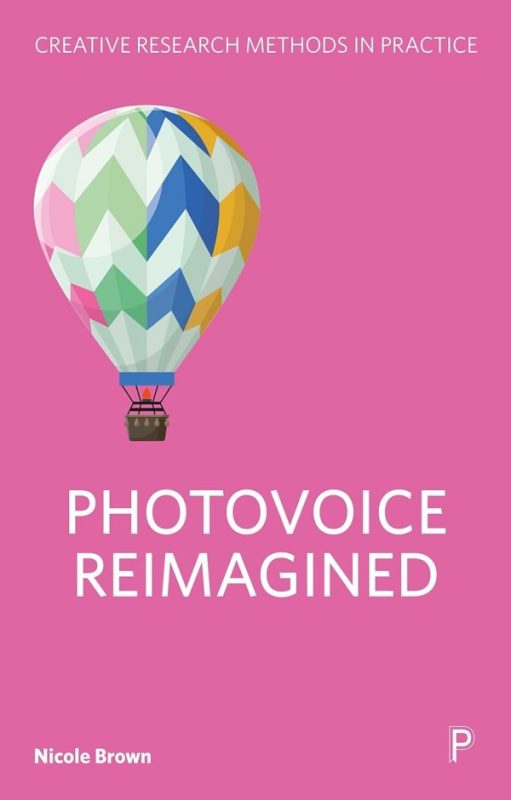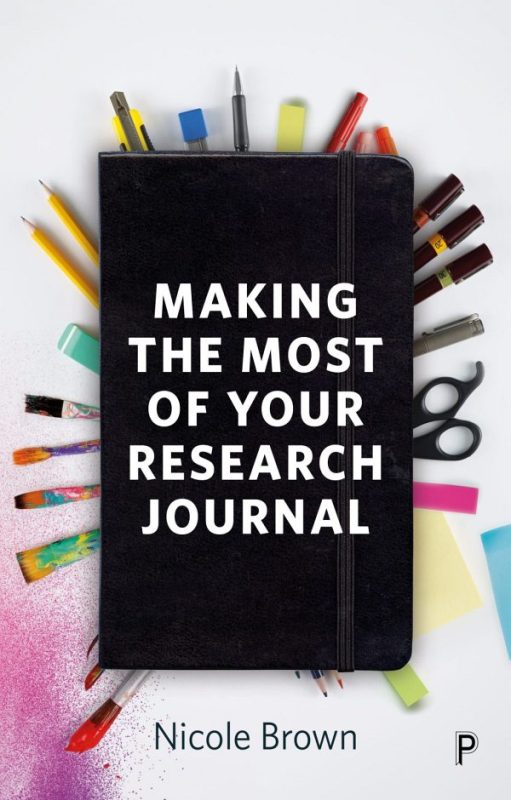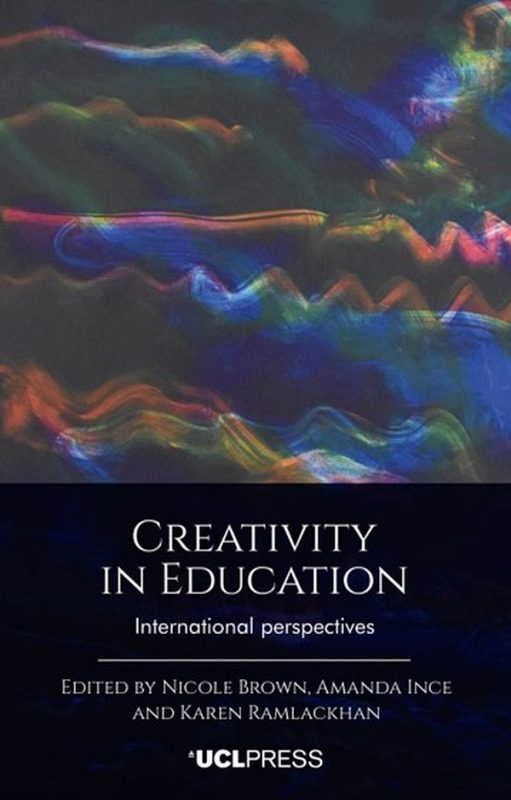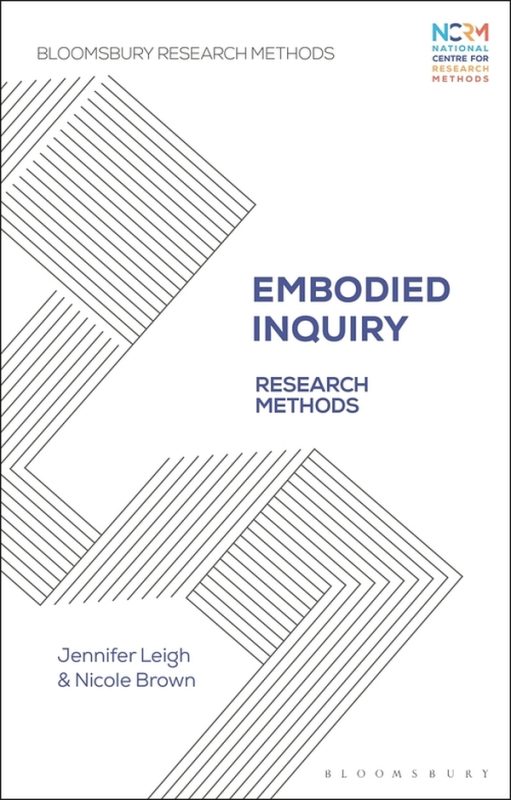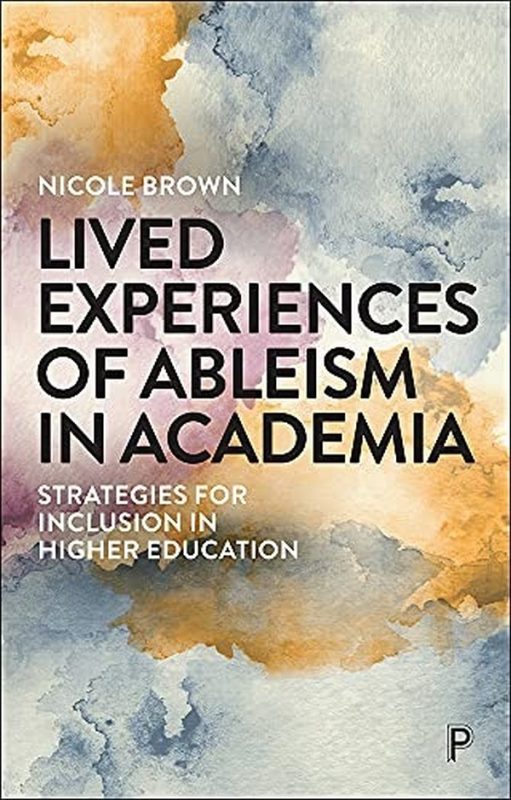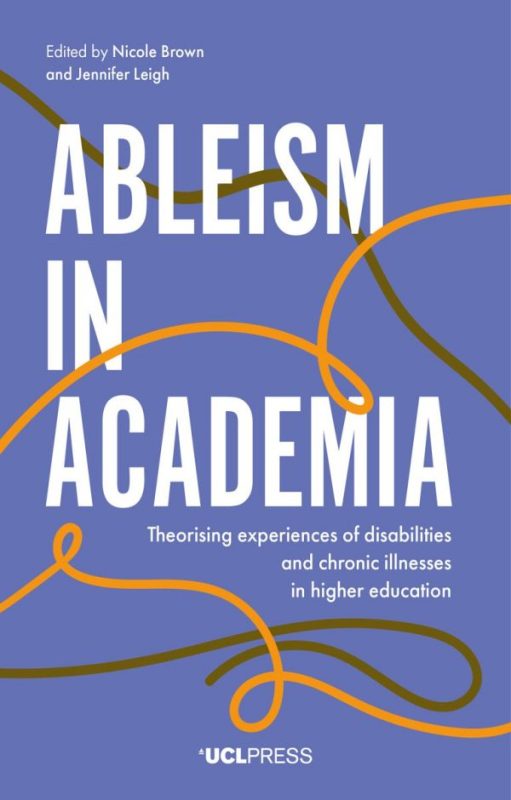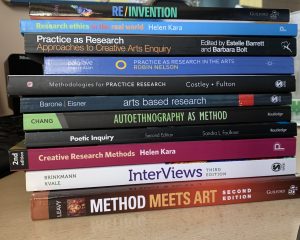
Recommended readings – a reading list for creative methods
In this post I share my reservation about reading lists, and I share the articles, journals and books that I see as my "go-to" publications.

Article: Exploring experiences of ableism in academia
This article presents disabled academics' experiences and collective understandings of ableism as constructed through normalisation and able-bodiedness.

The lived experience of fibromyalgia
This podcast is an audio-recording with slides as it was presented on the 25th June 2021 to the fibromyalgia support group Faversham Fibromyalgia Friends.

Ableismus in Academia: Trotz Fleiß kein Preis?
This post is a link to a recording from an event held via the Johannes Kepler Universität Linz, where I was asked to discuss ableism in academia.
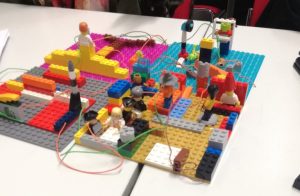
Supervising PhDs: Creating a sense of belonging
This is an extract from a guest post on the Supervising PhDs Community Blog, which I co-authored with Dr Jo Collins from University of Kent. In the post, we explore what research supervisors can do to help develop a sense of belonging amongst their doctoral students.
Bodies and buildings: How the chronically ill or disabled experience buildings in academia
Bodies and buildings - I am inviting you to take in part in my research project. Information, contact details and consent form available from here.

Article: Partnership in teacher education
This article is an example of student-staff collaboration within the community of practice of trainee teachers.
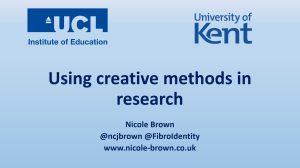
Workshop: Using creative methods in research
In this interactive workshop participants explore creativity within research, experiment with and explore opportunities for creative methods in research.

Learning to accept fibromyalgia
In this post I report some preliminary outcomes from the pilot phase of my fibromyalgia study. This is about learning to accept.
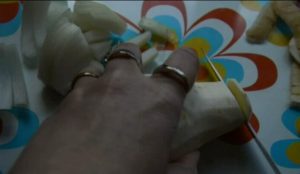
Simulation of cognitive dysfunction
This is a brief simulation of what cognitive dysfunction and brain fog feel like.
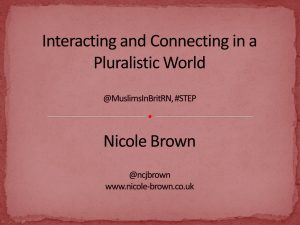
Presentation from the Islam and Peaceful Relations conference
Download my presentation from the "Islam and Peaceful Relations" conference from here.
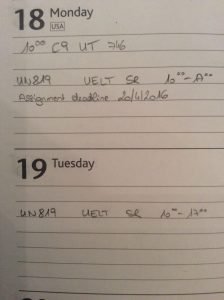
Time management
A cyclical process of reading, writing and editing is only possible if you leave enough time. Time management is therefore one of the key skills to learn when entering University life. The easiest way to introduce effective time management is by preparing schedules.
Research posters
Download two examples of research posters from here.
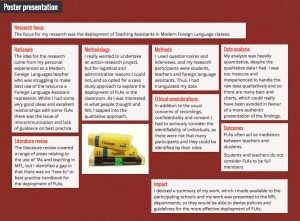
How to create a research poster
Nowadays more and more emphasis is placed upon the impact of research. In many cases research students are even required to create a research poster as part of their thesis and enquiry submissions. However, how do you create a research poster?
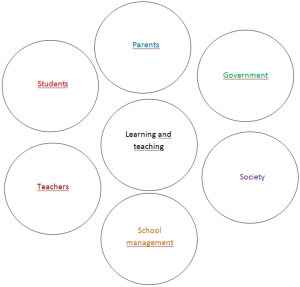
The educational context
In teacher training there is a heavy focus on the educational context, but does the educational context really matter? Or is there a danger in being too reliant on statistical information relating to the educational context, in which we operate?
Proofing and editing
At University level you are expected to have checked, re-checked, edited and proofed your assignment several times. Each time you read through your work you should focus on a different aspect of your writing.
